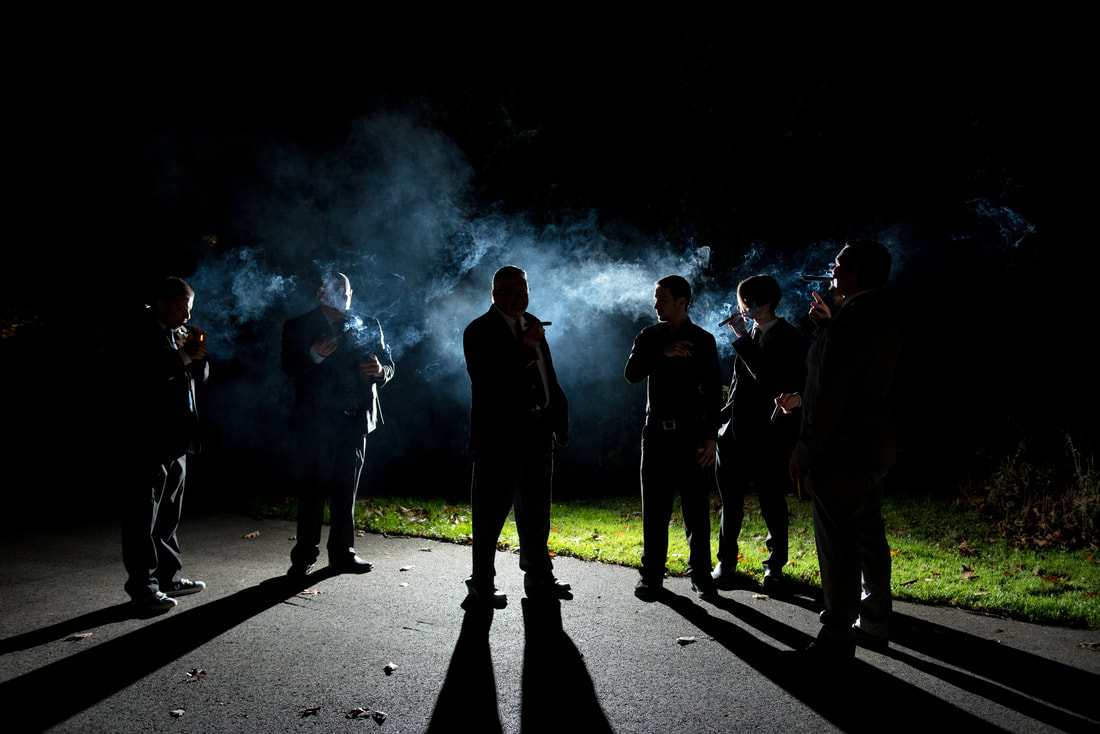|
By Kelly Graham, MSW, RSW *This article primarily uses examples from female on male sexual violence, but the reality of sexual assault is that it applies to all genders, all ages, and all ethnicities. 1 in 6 men will experience sexual violence in their lifetime. While it seems obvious that anybody can be a target of sexual violence, male survivors face a different kind of stigma. Just like with most sexual violence, the survivor knows the perpetrator the majority of the time. Men can be hurt by their partners, friends, parents, teachers or employers, acquaintances, anybody. Just like with mental health, men are more likely to stay silent and not seek help. They may feel embarrassed, ashamed, or fear the response they will get. While many women sadly know the victim-blaming responses that are met with reporting a sexual assault, men face similar ones. People may think that they should’ve stopped it, or that they are “weak" because it happened. They say that they should just “man up" and get over it, without realizing the devastating effects that sexual violence has on a person. "She ended up accusing me of raping her even though I woke up to her on top of me going for it. We were good friends and it ended up with me removing myself from the friends circle. Told a few people, but no ones believed me except for my wife." "...woke up while best friend's girl was riding me. I was drunk but definitely not willing. She put her hand over my mouth and I passed out again. People didn't take it seriously when I told them so I stopped telling people. swear to god saying the words I was raped by a female as a man is some of the weirdest looks I've ever gotten." "I just recently told someone for the first time since it happened. I was 17 and taken advantage of by someone I trusted. I said I'd never admit to it, no one would believe me, there's no way I could have been raped since I'm a man I should have been in some way glad to have "gotten laid." Since posting anonymously, I now get DM's ranging from telling me I'm a liar and 'did you like it?' Wtf." Many times, when a woman is a perpetrator and the guy is straight, people don’t believe that it was sexual assault because “why wouldn’t he want to have sex?” And yet there are many reasons a man may not want to have sex, and they don’t have to explain that. This article isn't going to give a list of reasons why a man would not want to have sex, because of one thing: He does not need to explain himself. Just because society and the media tell us that men always want sex, doesn’t make it so. It also doesn’t excuse sexual assault. Some say that if it was sexual assault then “why did he have an erection?” Sexual organs do not know the difference between unwanted and wanted stimulation. They react biologically. Even if he ejaculated, this does not mean that he enjoyed it and that it was consensual. Sexual assault victims are often devastated by their perception that their body betrayed them. But a healthy, functioning sex organ is supposed to react to stimulation of any kind, and often doesn't get the memo when the person is unwilling. “But men are bigger and stronger, they can stop it if they want to!” Wrong! People expect that men can stop sexual assault because they are traditionally seen as the stronger sex. When it comes to sexual assault, it does not matter how big or strong you are. Whether he is too intoxicated, coerced, afraid to fight back, or is in freeze mode, many factors can lead a man to not being able to stop a sexual assault, just like everybody else. Coercion plays a huge role in these assaults as well. The threat of being seen as weak, or unmanly, or realizing once lines have been crossed that the perpetrator is underage or willing to say that he raped her, putting him at risk of being charged and deemed a sex offender if he doesn't comply with their demands, can result in feelings of complete helplessness and powerlessness. 1 in 6 men will experience (and report) sexual violence in their lifetime. The silencing effect of this stigma creates a lack of understanding and awareness about how common sexual assault is for men, the effects that it has, and the importance of reaching out and getting help.
It is important to know that men can be sexually assaulted too, and they shouldn’t be met with shame or ridicule because of this. They should be seen as strong and courageous for speaking up and getting help. http://sacha.ca/resources/statistics |
|
OverviewNWO’s source for all things relationships, mental health, wellness, lifestyle, and pandemic support. Kelly Magazine is a mental health outreach initiative created by Kelly Mental Health and supported by Kelly Mental Health Foundation, a non-profit organization dedicated to improving the community in the area of mental health.
|
Magazine |
Follow Us |
In support of @kellymentalhealthfndn |
© COPYRIGHT. ALL RIGHTS RESERVED. WEB DESIGN BY KMH






